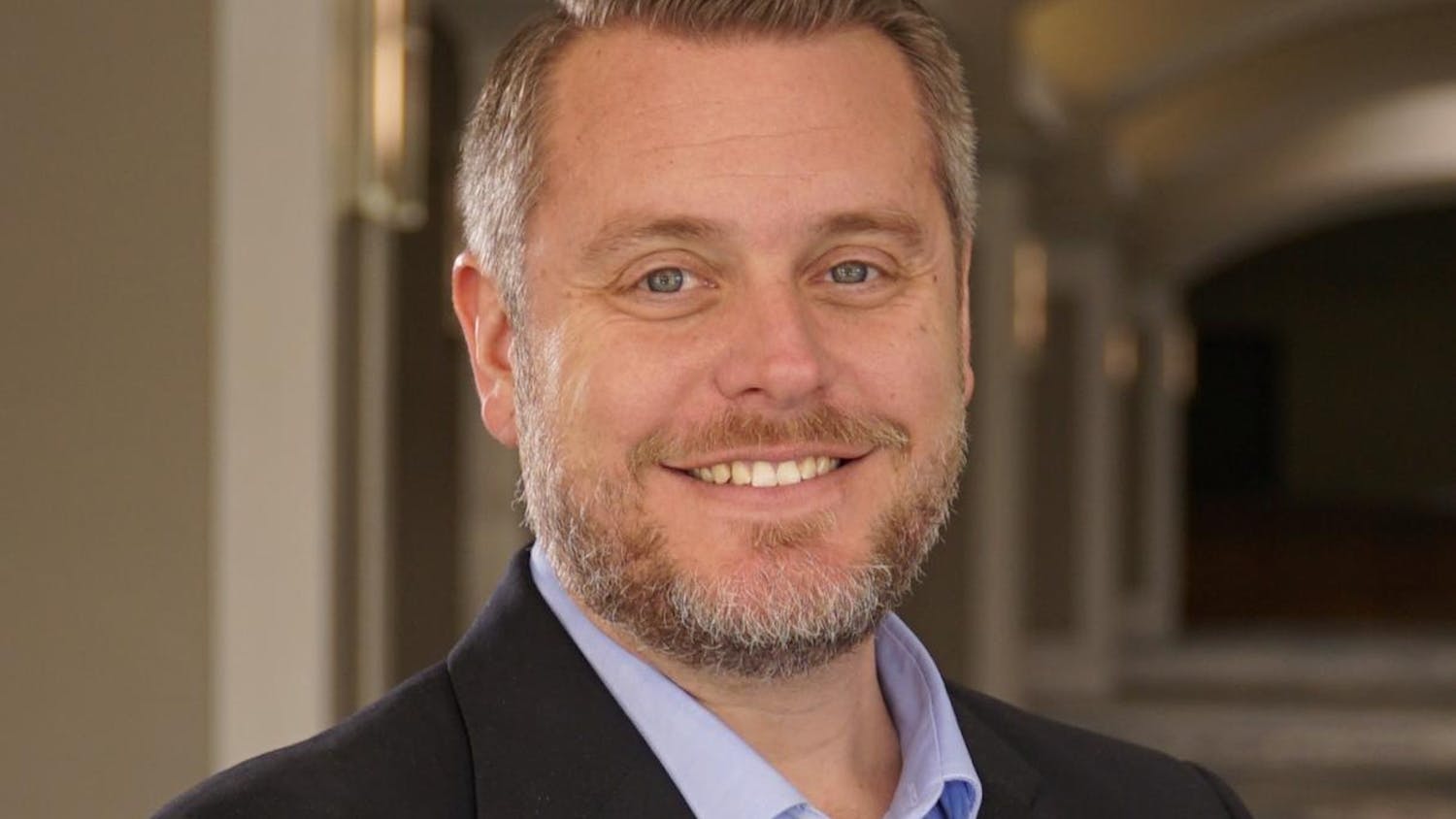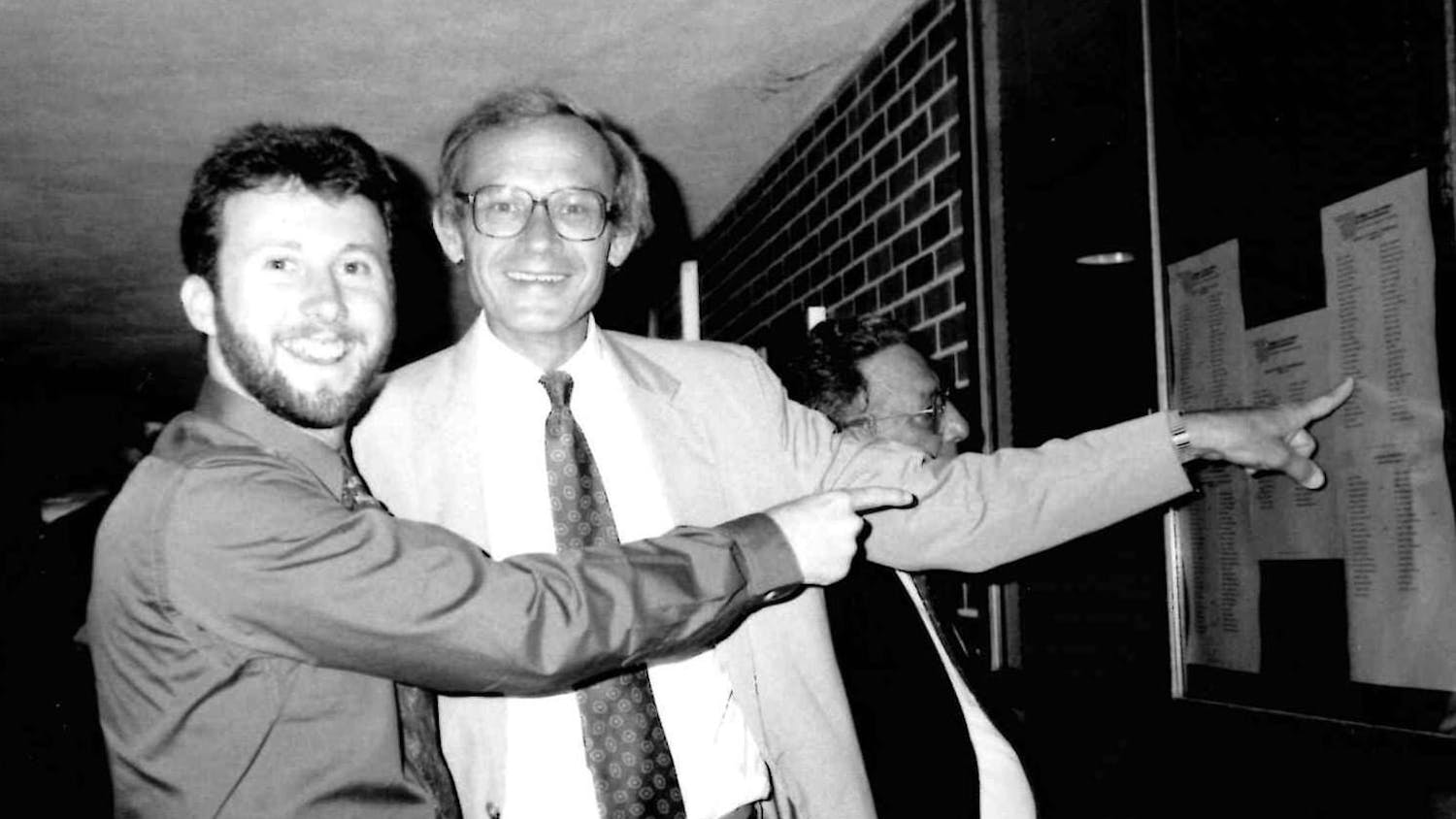Veteran newscaster Charlie Rose let out one of his rare nervous smiles on last Sunday’s “60 Minutes” during an interview with actor Sean Penn. Rose, usually a distinctly eager, curious and captivated interviewer, recognized his interviewee had made a remark that would appear to viewers as perhaps insensitive at worst and tone-deaf at best: “My article failed.”
What Penn meant by that statement, which would later propel the interview into becoming a Facebook trending topic, was he regretted that the public mistook what his intentions were in traversing the Sierra Madres in search of interviewing the world’s most notorious drug lord.
“You wanted to have a conversation about the policy of a war on drugs?” Rose asked.
“With the reader,” Penn affirmed.
Sometime between his widely publicized escape from a Mexican prison in July 2015 to his recapture earlier this year, Mexican drug cartel leader Joaquin “El Chapo” Guzmán Loera arranged a meeting with Mexican telenovela actress Kate del Castillo and two-time Academy Award winner Sean Penn.
When Castillo and Penn finally arrived at Guzmán’s hideout, they found that he had primarily been interested in meeting with Castillo, with whom he had been keeping a correspondence since 2012.
He did not even know who Penn was.
Guzmán began his career in the drug cartel in Sinaloa, Mexico, before the age of 10. Now, at 61, he is the former leader of the largest international drug cartel in human history, which is responsible for shipping, by some estimates, more than half of all the illicit narcotics that enter the U.S.
“I’m drawn to explore what may be inconsistent with the portrayals our government and media brand upon their declared enemies,” Penn wrote in his article with Rolling Stone.
In his interview with Charlie Rose, he added, “I feel complicit in the suffering that is going on… I’m looking the other way. I find that equally complicit with murders in Juarez.”
Penn is right to be concerned. The drug epidemic ranks among this nation’s most pressing issues and, in terms of direct causalities, is even more fatal than many other highly publicized domestic issues.
For example, since 2001, more Americans have died due to gun violence in the south side of Chicago than in Iraq and Afghanistan combined.
On a nationwide level, between 88 and 92 Americans die daily from firearms, and more than 120 die per day from a drug overdose.
Penn’s intention with his article was to not only highlight this, but also the international relationship of the drug trade — for every American life ended, exponentially more Mexicans die as well.
But perhaps what Penn did not foresee was that, by the ludicrous nature of the meeting — an American celebrity meeting the international kingpin of narcotics on the run — he did not put himself in the best position to discuss any serious issues, and instead made himself the center of the story. To make matters worse, this is exactly the narrative angle Penn used in Rolling Stone.
“I’m really sad about the state of journalism in our country. It has been an incredible hypocrisy and an incredible lesson in just how much they don’t know and how disserved we are,” he told Rose.
Penn, in turn, calls his work “experiential journalism,” reporting only on what he sees and largely ignoring much mention of the countless deaths his interviewee has caused.
“Again, journalists,” he said, adding air quotes to the word “journalists,” “who want to say that I’m not a journalist: Well, I want to see the license that says that they’re a journalist.”
Few people would claim Penn has no right to practice journalism, they just wouldn’t suggest questing through the mountains as a means of saving journalism from itself.
Neel Bapatla is sophomore English major. His column appears on Fridays.





